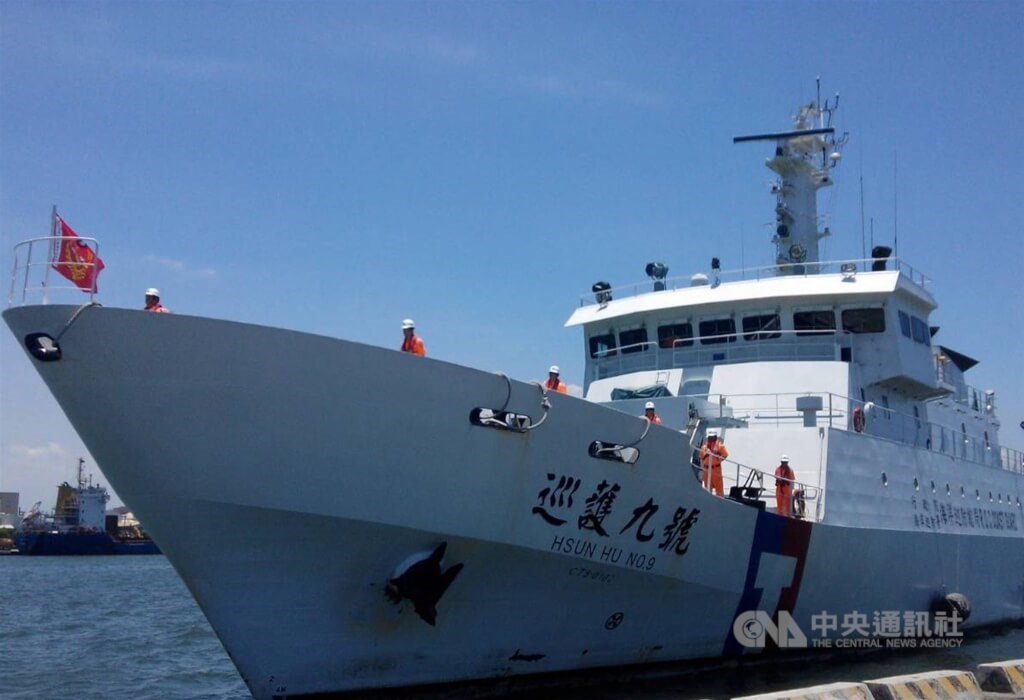Holding citizen movement only within own country, can only be achieved with isolationist policy like DPRK doing now, or communist regime doing in cold war. That's will costs economics interaction with global market. Something that export oriented economy like China will not do. China already fully integrating with Global Economy, no matter some in US or even in Brussels try to reverse or hold that. Thus movement of people in and out China will still be open.
Immigration is something that are not embrace by East Asian and even Asian as whole, and only recently Japan and ROK opening more, due to their problem with labours. However even that it's much more control immigration environment then Europe or North America. There's tendencies that immigration law will be more open in future with Japan and ROK. However it will take time as Both are basically mono culture thinking.
For years the immigrant within Asia related much toward immigration from their imidiate neighbors. Japan mostly from Korean (due to their occupation of Korea) and Korea mostly from China (due to for centuries it is basically the only Korea trading partner). It is also shown in other part of Asia like Malaysia for years the significant immigration coming from Indonesia. While in most South East Asia, immigration mostly coming from China as overseas Chinese is also traders for most of East and South East Asia.
This is mostly to Asian relatively only accepting immigration from people that basically still close to their culture. Despite trading interaction between South Asia and South East Asia, the influx of South Asia people to SEA mostly done by Colonial Powers especially the British toward Malaysia and Singapore. East Asia basically have no colonial powers, which then make them more able to create mono culture or in case of China dominant Han culture.
Thus lower birth rate already changing Japan, ROK and Taiwan policies toward immigration. However it will not be as drastic changes like in North America, Europe or Australia. Most immigration so far to Japan, ROK and Taiwan are temporary workers that mostly themselves know well they will be only temporary in there, just to work and then go back to their own country. For case of Japan and ROK those temporary workers (most coming from other part of Asia), many are back to work with Japanese and ROK industries in their own country. Integrating to Japanese and ROK culture takes much more time and effort. At least significant proportion of Immigrant that stay in Japan and ROK are because they're married to the locals. This is what at least what Japan and ROK done to improve the productivity of their own industry, just build more industry in other part of Asia (mostly SEA) to keep their industrial chain competitive. This is more being done now even by Chinese, relatively more then bring overseas workers to their domestic industry back home.



 ja.wikipedia.org
ja.wikipedia.org


